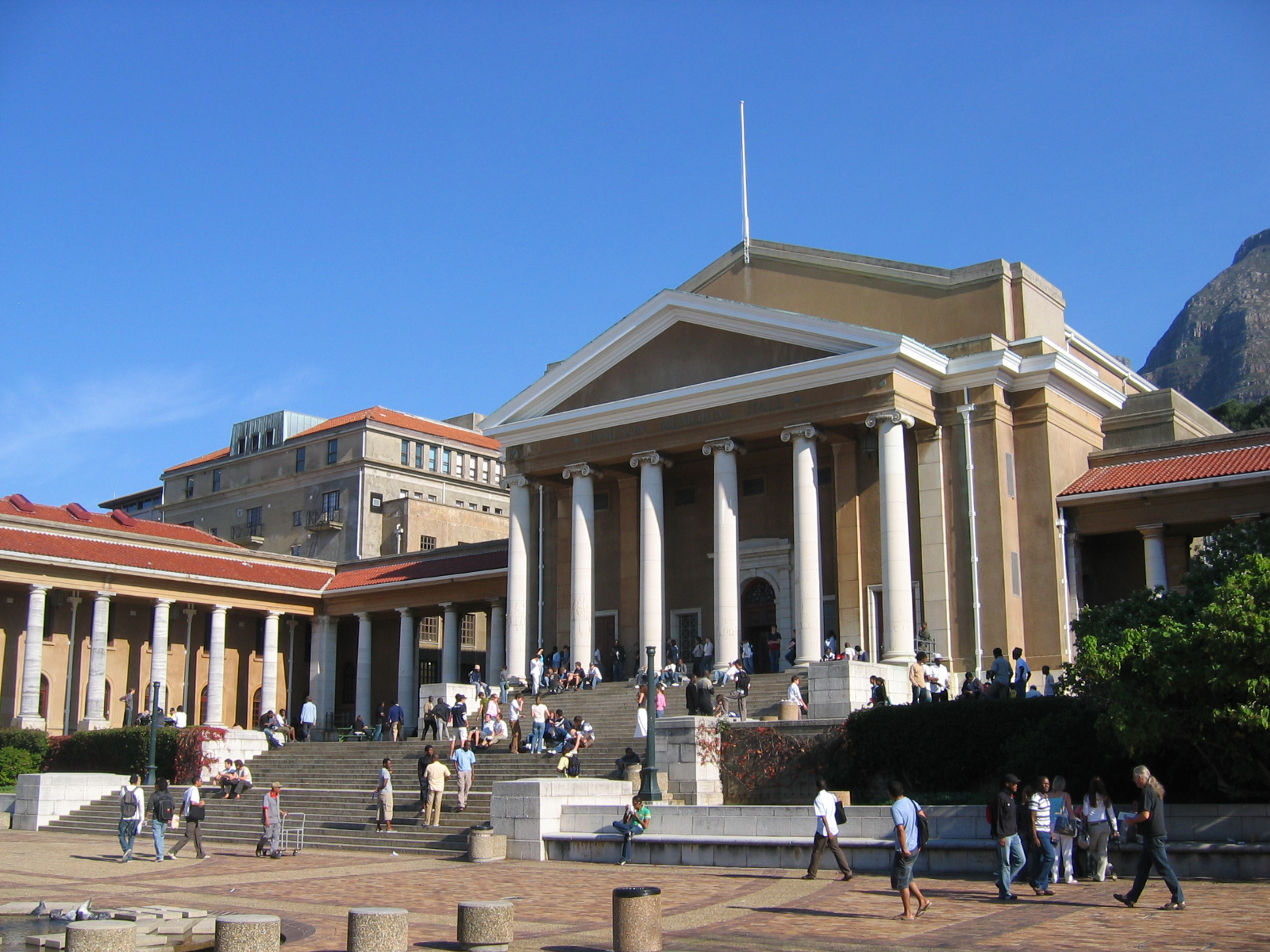The University of Cape Town (UCT) will be discontinuing its outsourcing policy and has officially committed to in-sourcing six of the basic services needed to maintain the institution. This decision comes after UCT management met with the National Education, Health and Allied Workers Union this week. UCT’s Vice Chancellor, Dr Max Price addressed the media on Thursday regarding some decisions made in the past few days as student action on campus, calling for free higher education resulted in the closure of the institution. Price told media for twenty years there has been a debate around re-in-sourcing services on campus.
“UCT management and the Nehawu Joint Shop Stewards Council have concluded an historic agreement that UCT will insource six outsourced services, including cleaning, residence catering, gardening, campus security and staff and student transport,” Price told journalists.
Outsourcing at universities in South Africa became a common practice due to the economic challenges of the country. Price believes that it was due to the fact that outsourcing is considered cheap and efficient that the institution continued with this policy. However, UCT management are hopeful that President Jacob Zuma’s promise to accommodate the no-fee increase by ploughing those funds into universities will make it easier for the institution to in-source specific services. As it stands, outsourced staff are afforded the benefit of receiving bursaries and low cost tuition fees for themselves and family.
Price believes the past few days of nationwide action from students has changed the terrain of the higher education ministry and government tremendously. Ultimately, collective sentiments from students centre around the need for free higher education in South Africa.
“This is a change that has been a long time coming. We have been trying to get the funding for higher education taken seriously and funded adequately. Unfortunately, the eruption from the national movement (#FeesMustFall) followed years of declining funding for higher education,” Price explained.
Price attributed this call to rising inequality amongst students and the number of families living under in poverty in the country.
Meanwhile, the university management are working on ways in which it will be able to accommodate the no-fee increase for the 2016 academic year, as announced by President Jacob Zuma during the tipping point of student protests around the nation last week.
Price explained that wealthy parents of some UCT students have offered to make donations in order to cover the funds of poorer students. A special fund has even been requested by Alumni in order to assist those struggling students.
During the media briefing, Price added that government will be offering “80% or all funding” in order to cover those institutions implementing the 0% increase next year.
However, Price added that the exact amount of money government will be affording institutions has not yet been confirmed.
“We still don’t know how much money they will be giving and we don’t know what we need to prepare us for,” Price continued.
Minister of Higher Education, Blade Nzimande has said that special task team will be established to audit and understand the needs of students on campus in order to address their concerns. Price furthermore said that a long-term solution to the problems around higher education is needed to avoid another possible crisis. VOC (Ra’eesah Isaacs)






 WhatsApp us
WhatsApp us 

